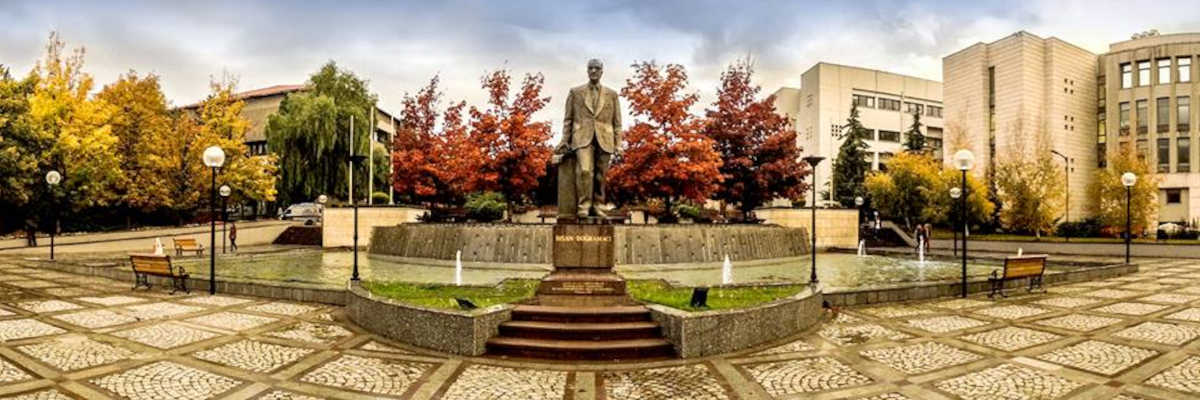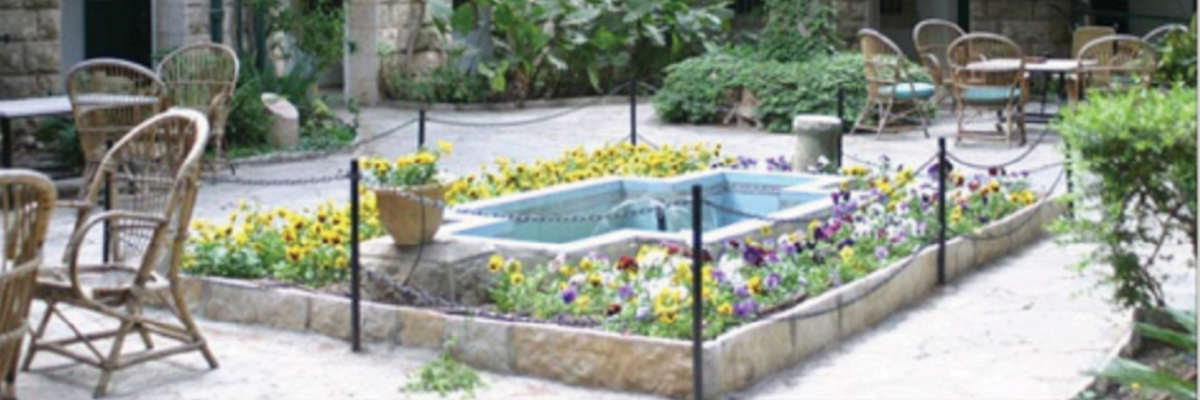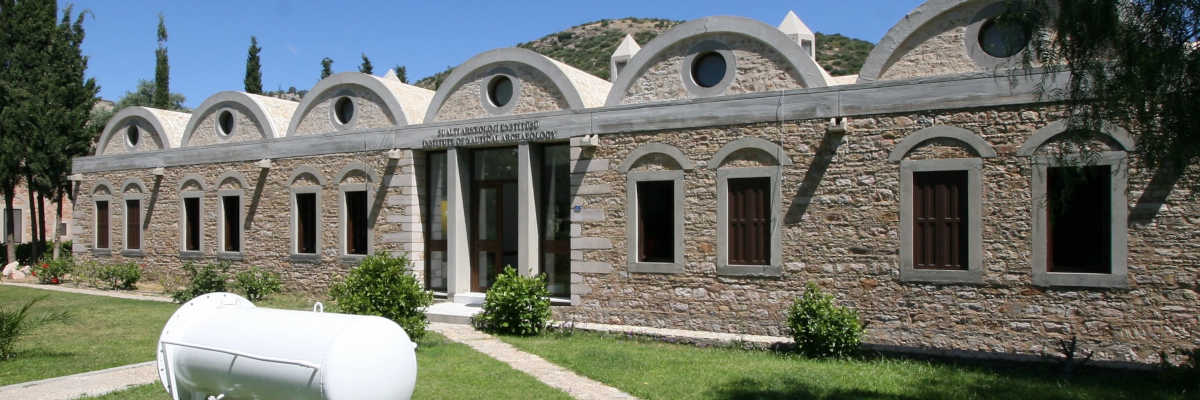

LEVANTINE CERAMICS PROJECT
WORKSHOPS (2020)

MAY 29-30TH, 2020: Ceramics of Western Anatolia through the ages: Troad, Ionia, Lydia & Caria
Institute of Nautical Archaeology (INA), Bodrum
The Levantine Ceramics Project and INA invite your participation in a workshop on the longue durée of ceramic production in western Anatolia, with special attention to the regions of the Troad, Ionia, Lydia, and Caria, to be held Friday, May 29th – Saturday, May 30th, 2020. In this workshop our goal is to continue building up the site’s data set, begun at the Keramos-LCP workshop held in May 2018 in Izmir, and continued at the Bilkent-LCP workshop held in May 2019.
For this workshop, we are not asking for traditional papers, but rather presentations on data submitted to the LCP in advance of the workshop. Submissions may focus on ceramic wares/ware families, vessels, kiln/workshop sites, and/or archaeometric studies. You may submit as much information as you like, and you may give more than one presentation. We ask that you submit your data by March 30th, 2020.
- Invitation Info: LCP-INA – Invitation
- Hotel/Accommodation Info: Bodrum Hotel Information
NOTE: Postponed until a future date.

MAY 6TH, 2020: Wares & Ware Families of the Early Bronze Age
Albright Institute of Archaeological Research, Jerusalem
The Levantine Ceramics Project and the Albright Institute of Archaeological Research invite your participation in a workshop devoted to the ceramic landscape of the Early Bronze Age in the southern Levant, to be held Wednesday, May 6th, 2020. Our goal is to expand the LCP’s dataset of EBA pottery with examples of specific vessels, petrographic analyses, drawings, and photographs.
- Invitation Info: Workshop Invitation

APRIL 29-30TH, 2020: Ophiolitic Clays and Petro-fabrics of Southern Anatolia & Cyprus
Bilkent University, Ankara
The Levantine Ceramics Project and the Department of Archaeology at Bilkent University invite your participation in a workshop focused on the ophiolitic clays and petrofabrics of southern Anatolia and Cyprus. The ophiolitic complexes of these regions share a geological substratum, and pottery made from its soils share a similar minerology. This makes it difficult, and sometimes impossible, to distinguish between the products of each zone via petrographic analysis.
- Invitation Info: LCP-Bilkent Invitation
NOTE: Postponed until a future date.

